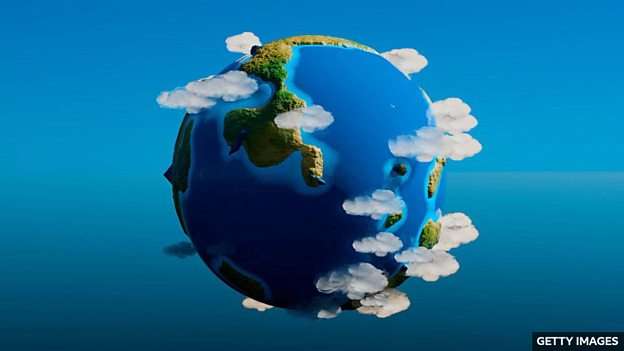英语大破解
Is the Earth's 'air purifier' failing? 地球的 “空气净化器” 会失灵吗?

本集内容
Is the Earth's 'air purifier' failing?
地球的 “空气净化器” 会失灵吗?
文字稿
Is the Earth's huge 'air purifier' failing?
地球巨大的 “空气净化器” 会失灵吗?
Natural systems called 'carbon sinks' – like forests, oceans, and soils – absorb carbon dioxide, or CO2, from the air.
一类被称为 “碳汇” 的自然系统,比如森林、海洋和土壤,可以从空气中吸收二氧化碳(CO2)。
They help to keep the planet's climate in balance, like huge air purifiers.
碳汇能帮助地球的气候维持平衡,就像巨大的空气净化器一样。
But these carbon sinks are struggling.
但这些碳汇正面临困境。
Last year, a study found on balance they absorbed much less CO2 than usual.
去年的一项研究发现,碳汇整体上吸收的二氧化碳量比以往少得多。
Scientists say extreme events like wildfires in Canada and severe droughts in the Amazon are further damaging them.
科学家表示许多极端事件,比如加拿大的大量山火和亚马逊雨林的严重干旱等还在继续破坏碳汇。
When forests burn, they release CO2 back into the atmosphere.
森林燃烧时会向大气中释放已经吸收的二氧化碳。
And droughts kill or weaken plants, reducing their ability to take in CO2.
而干旱则会杀死植物或削弱它们的生命力,降低它们吸收二氧化碳的能力。
So, more carbon is in the atmosphere, trapping heat and raising global temperatures.
结果就是大气中的碳含量上升了,这些碳会使热量聚集并令全球气温升高。
Researchers warn carbon sinks are increasingly under threat. So, can we do anything to help?
研究人员警告称,碳汇受到的威胁越来越大。那么,我们能为它们做些什么吗?
Scientists say if we don't cut CO2 emissions, restore forests, and protect wetlands, we risk rapidly accelerating global warming.
科学家表示,如果我们不减少二氧化碳排放、修复森林并保护湿地,我们就将面临全球变暖急剧加快的风险。